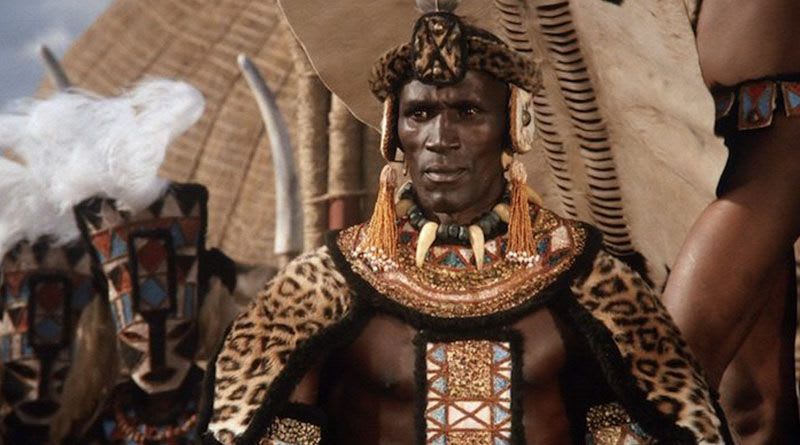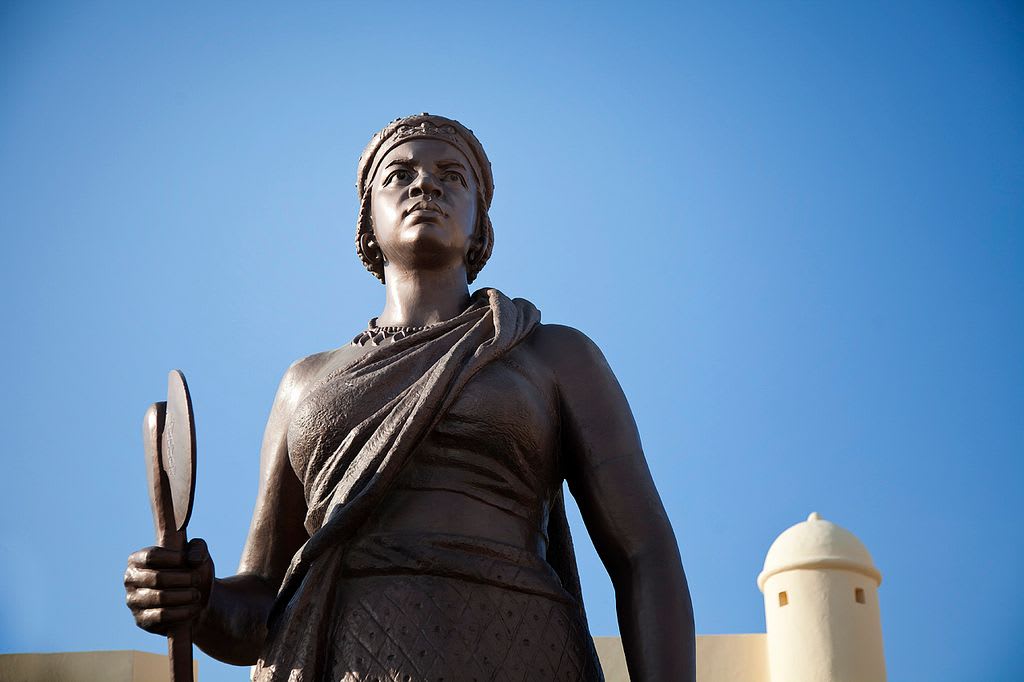The Eminent Rise and Fall of Shaka Zulu
Shaka Zulu may be a controversial figure, but he has left an indelible effect on Southern Africa's history. For the first time, the legendary 19th-century king of South Africa's Zulus gathered tribal factions together, forming a powerful kingdom with a strong sense of identity.
Shaka's reign was chaotic and according to some accounts, harsh, yet he left a lasting legacy. He has been dubbed "Africa's Napoleon" for his military prowess,
Shaka’s Formative Years
Shaka was born in 1787 to Zulu chief Senzangakhona and Nandi. He was born outside of marriage and when the Zulu elders including Senzangakhona himself, found out, they denied it claiming that Nandi's enlarged tummy was a symptom of iShaka, an intestine parasite bug and Shaka's name was derived from this. Senzangakhona eventually established Nandi as his third wife, despite his attempts to deny paternity.
Shaka and his mother were exiled from his father's kraal at the age of six and sent to Nandi's home, where they were unwelcome. They subsequently joined Dingiswayo's Mthetwa clan. Shaka drew the attention of prime chieftain Dingiswayo because of his brilliance and bravery, and at the age of 16, he was promoted to senior head boy. Shaka was eventually assigned to a young military regiment. He had amazing skills and strength, and was quickly promoted to the senior army regiment.
Shaka’s Rise to Power
Shaka began to discover new talents as he matured into a man. He was tall and powerfully built on the outside and his courage gave him a natural authority over the boys in his age group. He was drafted into one of the Mthethwa regiments when he was about twenty-three years old.
Shaka immediately demonstrated his natural aptitude for combat and began modifying the weapons he was given. He began by removing his leather sandals, which he believed could cause him to lose his balance. Shaka's enhanced agility allowed him to engage an enemy in close combat. He used his shield to deflect spears before charging in for the kill. His valorous acts drew Dingiswayo's attention, and he became one of his most powerful commanders. Shaka was given the name Nodumehlezi during this time (the one who when seated causes the earth to rumble).
Shaka was made commander in chief by Chief Dingiswayo, who also assisted in the reunion of Shaka and his estranged father, Senzangakhona. In 1816, Senzangakhona named Shaka heir to the Zulu throne. But before his assassination one of his wives persuaded Senzangakhona to choose Shaka's half-brother Sigujana as his successor instead. Shaka, however, returned to his father's people with the help of Dingiswayo, killed Sigujana, and ascended to the throne.
Shaka took the Mthethwa people into his empire after King Dingiswayo died. He went on to conquer and govern more clans.
Shaka’s Military Strategies
Shaka, as a commander, demanded the warriors to remove their sandals and walk barefoot. He also outlawed the use of long spears by warriors against their foes. He replaced long spears with short spears for close battle. This pushed his men to come near enough to stab the adversary before moving on to the next. He also popularized the buffalo horn formation, which his army employed to trap their foes.
Uniting The Zulu Kingdom
Shaka became the Zulu King in 1816 after making a name for himself in war, both physically and strategically. He initiated a conquest effort to bring all of the clans in the region under his control. He had integrated a wide country with more than 250,000 inhabitants who became his subjects in just a few years. Despite its harsh tactics, his clan had united to establish the largest and most powerful nation in southern Africa.
Shaka’s Supremacy
Shaka had no strong rivals in the territory of modern-day KwaZulu Natal after uniting all the clans under the Zulu Kingdom. During his brief rule, which lasted only ten years, his soldiers were constantly on the move, slowly extending their assaults further afield as the livestock in the immediate vicinity were robbed. If a chiefdom stood firm, it was either conquered or destroyed. When a chiefdom yielded, he entrusted local administration to the reigning chief or another member of the customary ruling family whom he nominated.
Shaka’s Legacy
Shaka's legacy is contentious; some claim he was the Zulu Kingdom's founding father. To others, he was a despotic dictator who killed over a million people. Between 1818 and 1828, Shaka's wars contributed to a series of forced migrations known as the Mfecane in various parts of southern Africa.
Hlubi and Ngwane clans were the first to flee Shaka's assaults, followed by the Manateesand the Matabele of Mzilikazi. They crossed the Drakensberg to the west, destroying chiefdoms along the way. Between the Limpopo and the Gariep Rivers, famine and turmoil followed the mass extinction of populations and the devastation of cattle and crops. Old chiefdoms faded away, and new ones arose.
Shaka's military system evolved, resulting in significant economic and social changes. The concentration of so many young people at the royal barracks led to atremendous transfer of economic power to a centralized government. The livestock wealth of the entire community throughout the kingdom, on the other hand, was substantially improved. Raids on other towns boosted the amount of cattle.
Demise of Shaka
Shaka lost his mind and became paranoid after his mother died in 1827. For a year, he prohibited farming and milk consumption. Women who were pregnant and their husbands were killed. Shaka's half brother, Dingawe, became enraged by his harshness and plotted to assassinate him. On September 22, 1828, his bodyguard and half-brothers stabbed Shaka to death, taking advantage of the fact that his army wasabsent. His remains were interred in a burial that had no markings.









